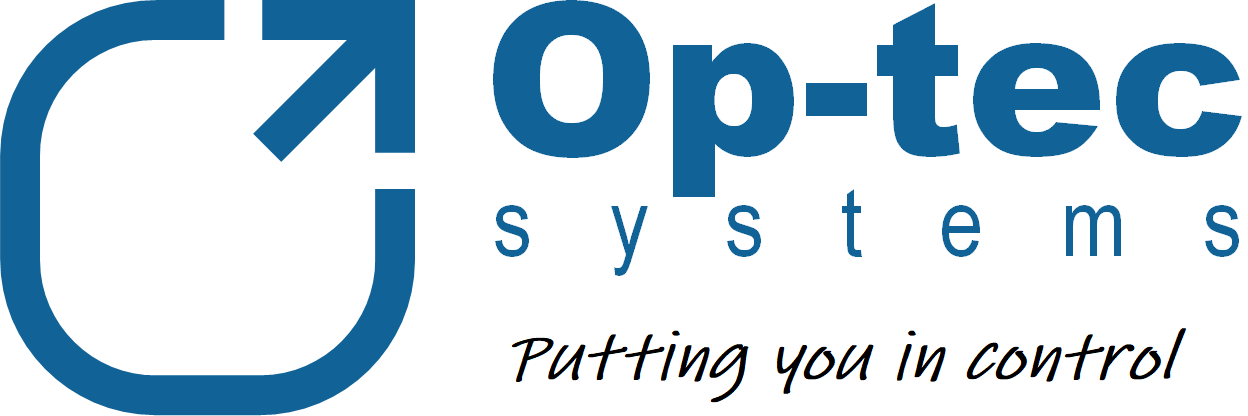Tennants Fine Chemicals Ltd supplies a global customer base with around 24,000 tonnes of chemicals a year from Leek, Staffordshire, plus seven other sites across the UK, Americas, Europe, and China. It is the UK’s leading producer of acetate esters and aroma chemicals; its products are used in cosmetics, metalworking fluids, paper, plastics, oilfield exploration, pharmaceuticals and other applications.
“Our processes are largely but not fully automated,” says Phil Malpas BEng (Hons), Electrical Controls and Instrumentation Engineer with Tennants. “Some plants are more automated than others. We have a centralised DCS and separate SCADA system.”
Aligning automated and manual systems
DCS and SCADA are not always found in the same production environment. Here, the DCS is process-oriented, tightly controlling each step of an operation. While the SCADA is focused on acquisition and collation of the data operations personnel use to make decisions.
“When we run batch sequencing, for example, we can make the systems pretty automated. The chemicals will run through a system on their own, with limited operator input,” Phil says. “We use the DCS to ensure the system is being controlled or processes within the normal design operating window. A vessel’s pressure might be between 0 - 1 bar, for example; if you have over pressure, you might have a data concern. Where we have a pressure transmitter and monitor, the basic logic system will provide an alert to a “door open” event, for example.”
A PLC is used to sequence control in a certain order and to maintain it in a safe way. Automation of data input reduces the risk of human error and helps prevent hazardous issues arising.
Partners in time
Op-tec Systems has played an important role in the process of automation and upgrade at Tennants for nearly 20 years. It has helped the company to upgrade its hardware and software to the latest versions, clean up and document signal databases and system architecture. All of which has helped resolve several issues of monitoring and management.
“We have installed new thermal, process and remote controllers. It has enabled improved visibility of the entire plant,” says Chemical Engineer Martin Higgs, based at the company’s Staffordshire facility. “Op-tec were instrumental in helping us to diagnose problems and create fixes. Since then, everything has been working fine.”
A long-term partnership
An important further improvement was the installation of a remote control system in a hazardous area at Tennants several years ago, also implemented by Op-tec.
“Richard Banyard of Op-tec is an independent expert and has assisted with developing our system and maintaining the backroom DCS, providing technical assistance and support,” Phil explains. “He has also been assisting us with aspects of control such as cyber security.” And now Tennants has automated its processes further.
“We moved away from the manual intervention and operation of valves and pumps and put their operation onto the DCS, a huge step forward for us,” says Martin Higgs. “This meant that the plant could be controlled mostly from the control room. A few years ago, we converted two of our oldest plants and put them onto the DCS as well. In terms of efficiency, this is a major benefit.”
Op-tec has also helped train Martin and colleagues to become more self-sufficient, and understand then resolve control system issues. In the future, Op-tec will support with system upgrades and extending automation further. The process of doing so will, inevitably, raise some issues. Manufacturers like Tennants appreciate improvement can be disruptive; examining and changing long-established practices can be uncomfortable but they are necessary in order to retain or regain competitiveness.
The key to a successful transformation is to have a partner who understands what has already been achieved and what is being sought, and can help to map, plan and guide the company on the journey.
